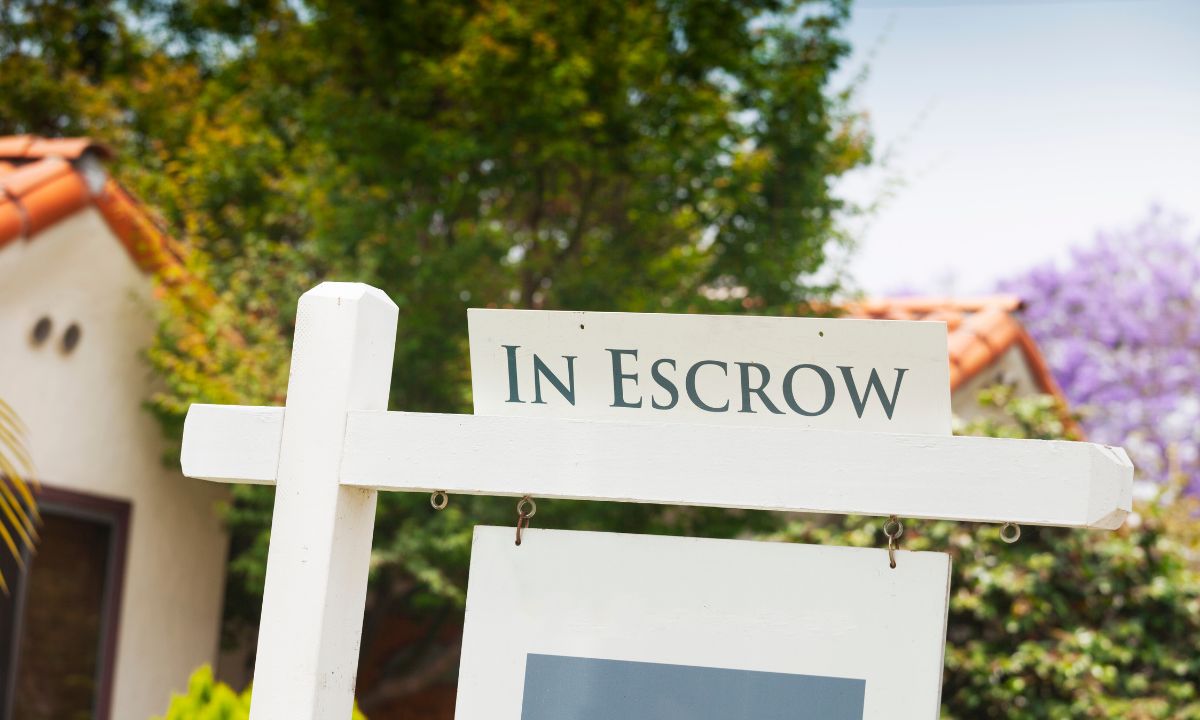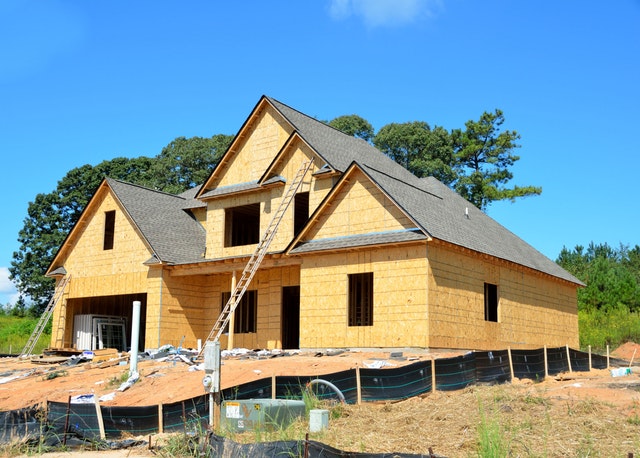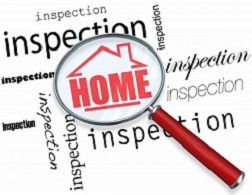The Role of Escrow in Real Estate Transactions
 Purchasing or selling a property is a significant financial transaction that involves numerous parties, legalities, and a substantial amount of money. To ensure a smooth and secure process, the real estate industry relies heavily on a mechanism known as escrow.
Purchasing or selling a property is a significant financial transaction that involves numerous parties, legalities, and a substantial amount of money. To ensure a smooth and secure process, the real estate industry relies heavily on a mechanism known as escrow.
Understanding Escrow
Escrow refers to a neutral third-party entity or professional, typically an escrow officer or a title company, entrusted with holding and disbursing funds and documents during a real estate transaction. It acts as a safeguard, ensuring that all parties fulfill their obligations and that the transaction progresses smoothly.
How Escrow Works
Once the buyer and seller have agreed on the terms of the transaction, they initiate the escrow process by opening an escrow account. This involves selecting a trusted escrow officer or company and depositing the agreed-upon funds into the account. The escrow officer gathers all necessary documents, including the purchase agreement, title documents, loan documents, and any other relevant paperwork. Simultaneously, the buyer deposits the earnest money into the escrow account, demonstrating their commitment to the transaction.
The buyer typically has a specific period to conduct inspections, investigations, and other due diligence activities on the property. If the buyer finds any issues or discrepancies during this period, they can negotiate repairs or request changes to the terms of the agreement.
Once the buyer is satisfied with the inspections, due diligence, financing, and title search results, they proceed to remove any remaining contingencies, such as the inspection contingency or loan contingency. After all contingencies are satisfied, the closing process begins. The escrow officer prepares the closing documents, including the settlement statement, and coordinates the signing of these documents by all parties involved.
Once the necessary signatures are obtained, the escrow officer ensures that the funds from the buyer and the buyer’s lender, if applicable, are collected. Finally, the officer disburses the funds to the seller, paying off any existing liens or mortgages, and transfers the title to the buyer.
Benefits of Escrow in Real Estate Transactions
Escrow provides a secure and neutral environment for both buyers and sellers. The escrow officer ensures that funds and documents are held safely until all conditions are met, preventing either party from misusing or misappropriating them. Escrow also protects all parties from potential risks and fraudulent activities.
By safeguarding funds and documents, facilitating clear communication, and ensuring compliance with legal and financial obligations, escrow mitigates risks and promotes a smooth transaction process. Engaging a reputable escrow officer or company can offer peace of mind to all parties involved, making the real estate transaction more secure and efficient.

 One of the stresses of moving to a new area is giving up the familiarity that you have with your old neighbors and starting from scratch. Whether you’ve just moved to a different locale or you’re planning to relocate in the near future, there are some easy ways that you can make a home of your new neighborhood right from the start.
One of the stresses of moving to a new area is giving up the familiarity that you have with your old neighbors and starting from scratch. Whether you’ve just moved to a different locale or you’re planning to relocate in the near future, there are some easy ways that you can make a home of your new neighborhood right from the start. Buying a new home is exciting. Buying a brand new home can be even more so with the realization of being the first owner and possibly being able to choose your own layout and finishes. The prospect of owning new construction is definitely exciting, but it doesn’t come without its own set of questions.
Buying a new home is exciting. Buying a brand new home can be even more so with the realization of being the first owner and possibly being able to choose your own layout and finishes. The prospect of owning new construction is definitely exciting, but it doesn’t come without its own set of questions. Many millennials are expected to enter the housing market in the next year with the interest rates still low. However, while it may be a good time, it does not necessarily mean that it’s the right time for you to make the investment. If you’re currently weighing your options when it comes to home ownership, here are some things to consider before you decide put the money down.
Many millennials are expected to enter the housing market in the next year with the interest rates still low. However, while it may be a good time, it does not necessarily mean that it’s the right time for you to make the investment. If you’re currently weighing your options when it comes to home ownership, here are some things to consider before you decide put the money down. There’s a whole lot to learn when buying one’s first home, an investment that can bring joy, but sometimes, grief. A competent real estate agent can assist in locating those homes that meet the home buyer’s needs and can advise on factors such as market value of the home and neighborhood services. The agent will help the buyer through the negotiation and purchase process. But the buyer should take responsibility to make sure that the steps below are taken.
There’s a whole lot to learn when buying one’s first home, an investment that can bring joy, but sometimes, grief. A competent real estate agent can assist in locating those homes that meet the home buyer’s needs and can advise on factors such as market value of the home and neighborhood services. The agent will help the buyer through the negotiation and purchase process. But the buyer should take responsibility to make sure that the steps below are taken.